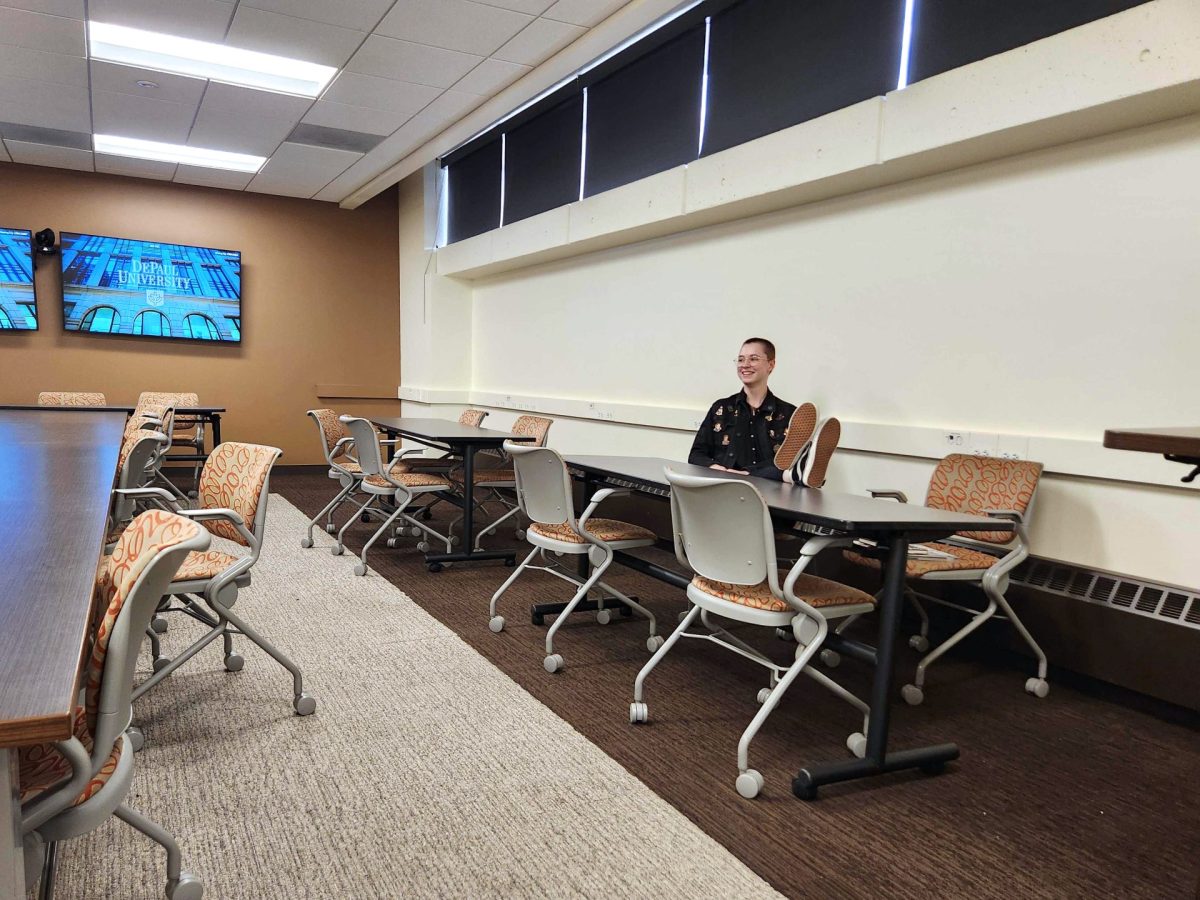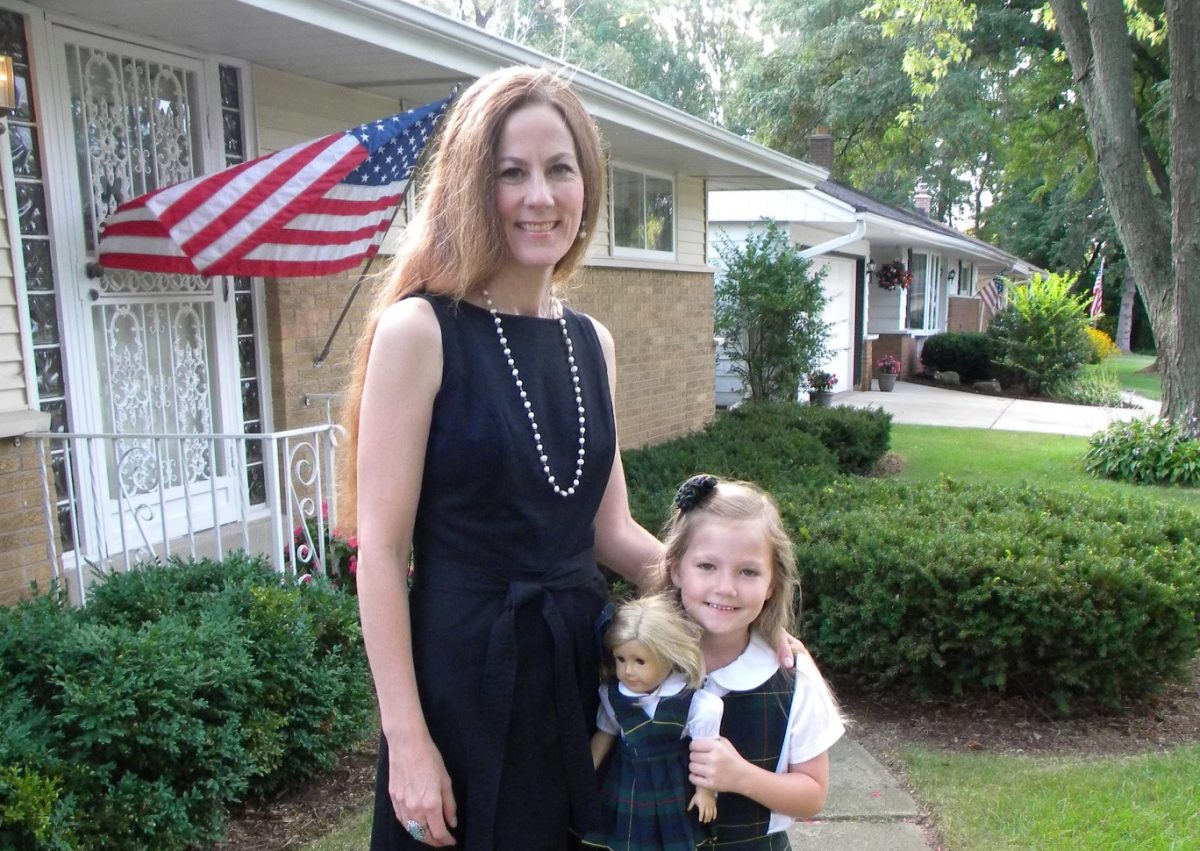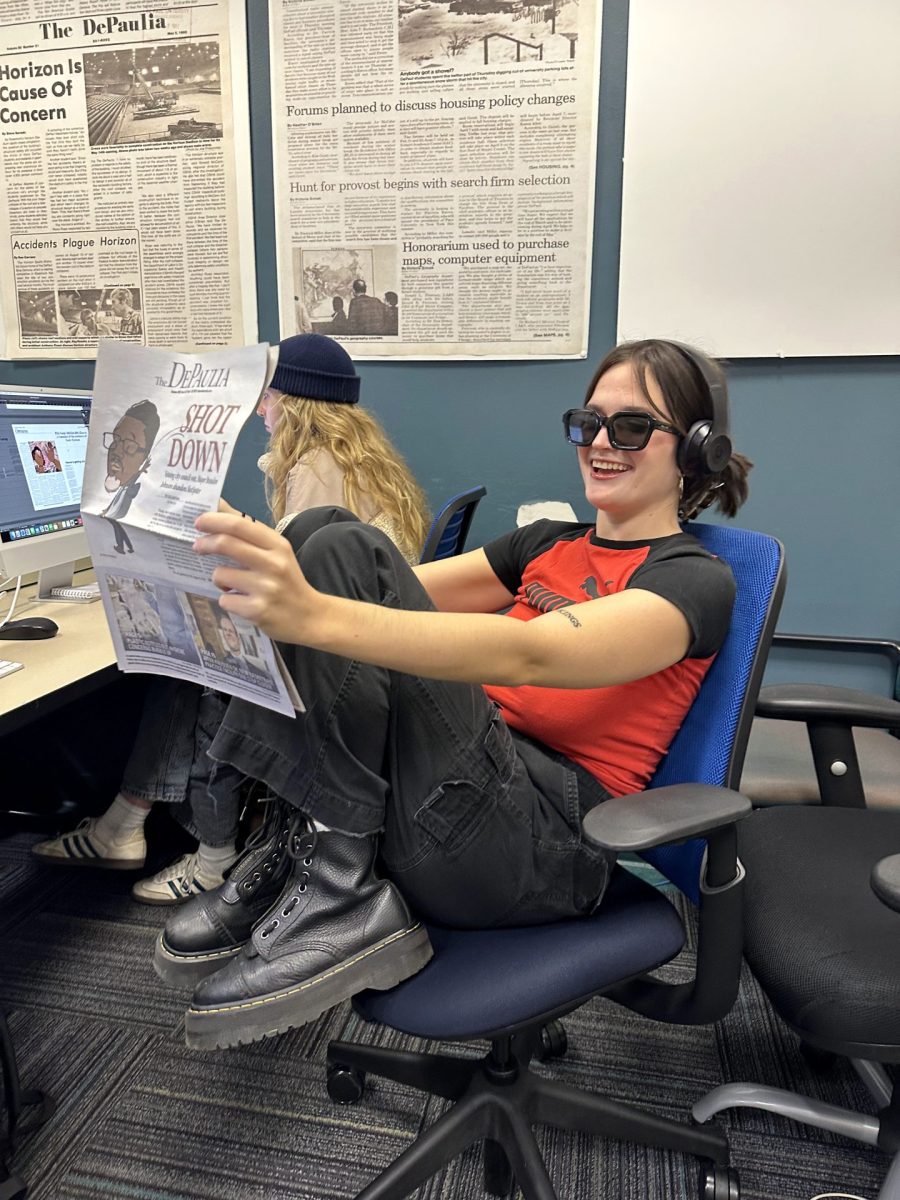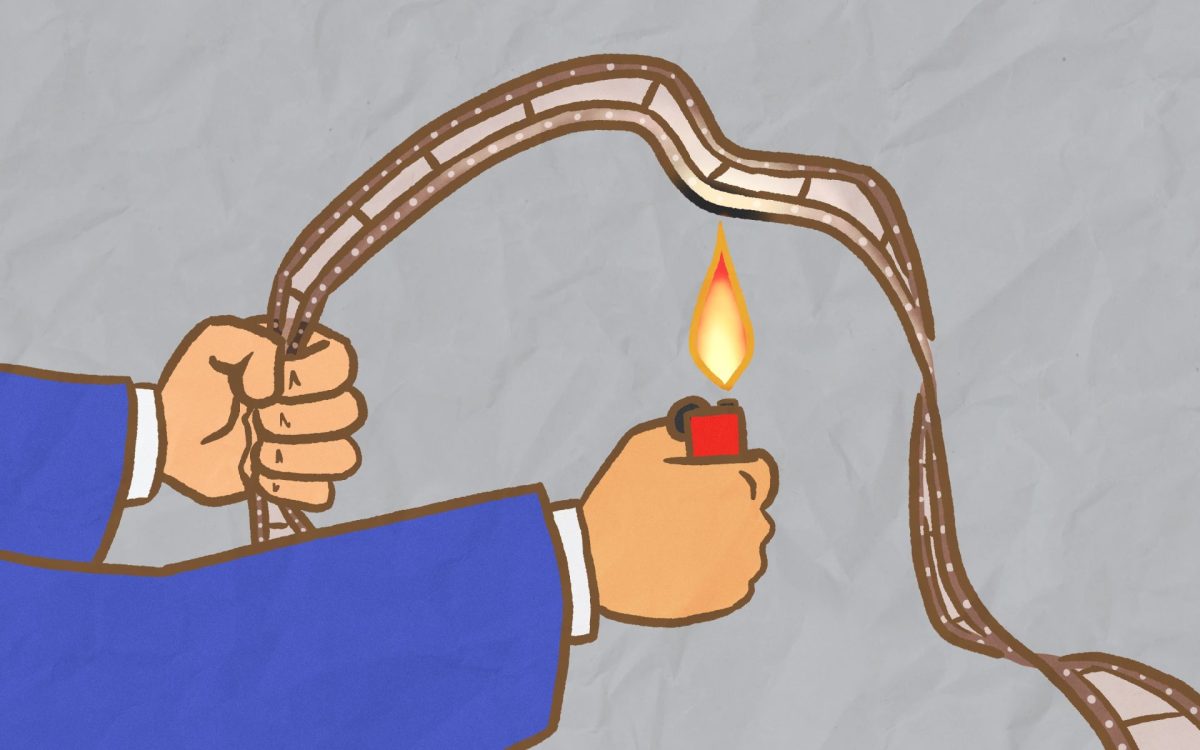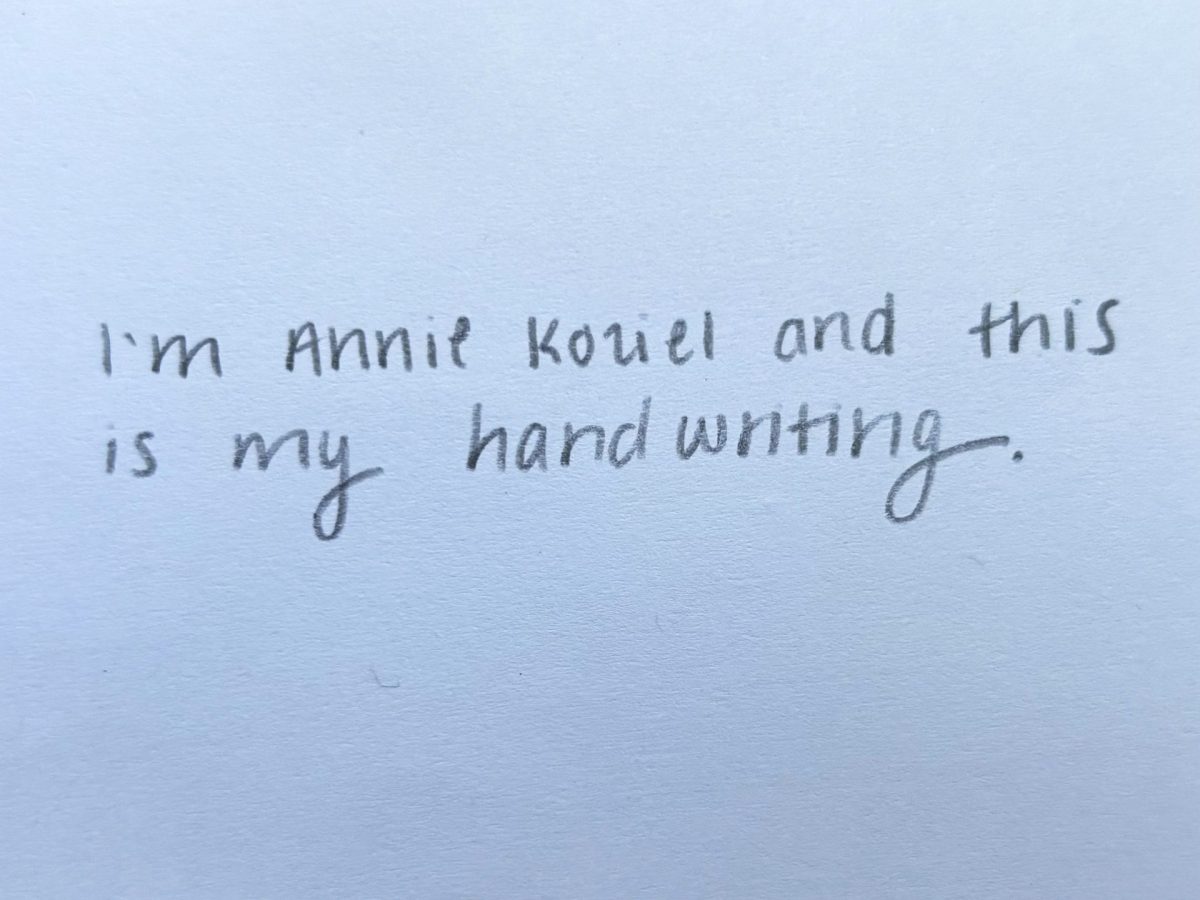We, the undersigned, call on DePaul University to realize its Vincentian promise to protect and respect the rights of our university community, including students, staff and faculty of all ranks. This includes the right to freely express their views on existing governmental policies and on the actions of some of our political leaders who, tragically and unwisely, have chosen paths of extreme violence that have already caused the deaths of nearly 40,000 non-combatant civilians and seriously endangered international peace, rather than those of diplomacy and de-escalation. We make this request at a crucial moment in our institution’s history and considering the great urgency surrounding the current humanitarian crisis in the Middle East facing civilians in Gaza, the West Bank, Israel and the wider region.
While we understand the university’s obligation to maintain a safe and welcoming environment for all members of the community, we deplore tactical and misleading characterizations of peaceful student expression of political opinions as dangerous, threatening or hate-driven. Recent attempts at other leading institutions of higher education in the United States to violently and coercively silence, criminalize, or eliminate public expression by students, staff, and faculty have backfired and had the paradoxical effect of heightening tensions on already divided campuses.
As we anticipate further protests on campus, we ask the DePaul administration to engage in the Vincentian personalism for which we are now well-known. This would involve protecting the voices and lives of our university community of students, staff, and faculty each of whom seeks in their own way to realize St. Vincent’s vision of moral consistency, courage and clarity. Such protection is especially important now, as they try to make sense of a world that threatens to careen toward escalating cycles of violence and repression. Peaceful and respectful deliberations will never come from threatening students with the punctilio of the university’s student conduct code or by using executive authority to suspend university’s normal operation to deploy the police power of the state. Neither measure will help us to grow our collective capacity to address the most contentious and deep-going commitments of divided campus communities. For us to make a difference, we need, as a community, to consider the long term consequences of any such heavy-handed dispensation of power. This will allow us to avoid the strategic errors currently unfolding at other institutions of higher education.
DePaul University’s Guiding Principles for Speech and Expression, and its governing documents unambiguously call for the protection of the rights to academic freedom and free expression of peaceful dissent. DePaul needs to honor the spirit of these principles in its response to our students, faculty and staff who may feel compelled at this time to call publicly for more responsible, just and peaceful approaches by governments and politicians exercising decision making authority over the fate of civilian populations most affected by the current situation in the Middle East.
The well-being of our students, faculty and staff must be prioritized as they voice and express their opinions at DePaul and beyond. As a community characterized by Vincentian values, DePaul has the responsibility to adopt an approach to conflict resolution that cares for the sanctity of human life, despite political pressure to comply with existing policy choices of governments and politicians. As a community, we must pursue a more peaceful and just resolution to the situation, one that rests on understanding, love and care, not repression and recrimination. Above all, we remind our university leadership that it is our duty to encourage, defend and protect our community’s civil protests against injustice and avoid threatening them with retribution. This is especially the case in relation to the youngest and most vulnerable amongst us, namely, our students. It is in the nurturing and productive engagement with these that our hope for a more livable and sustainable future must rest.
133 faculty members have signed the petition as of May 4. The faculty rank ranges from adjunct to professor emeritus.


